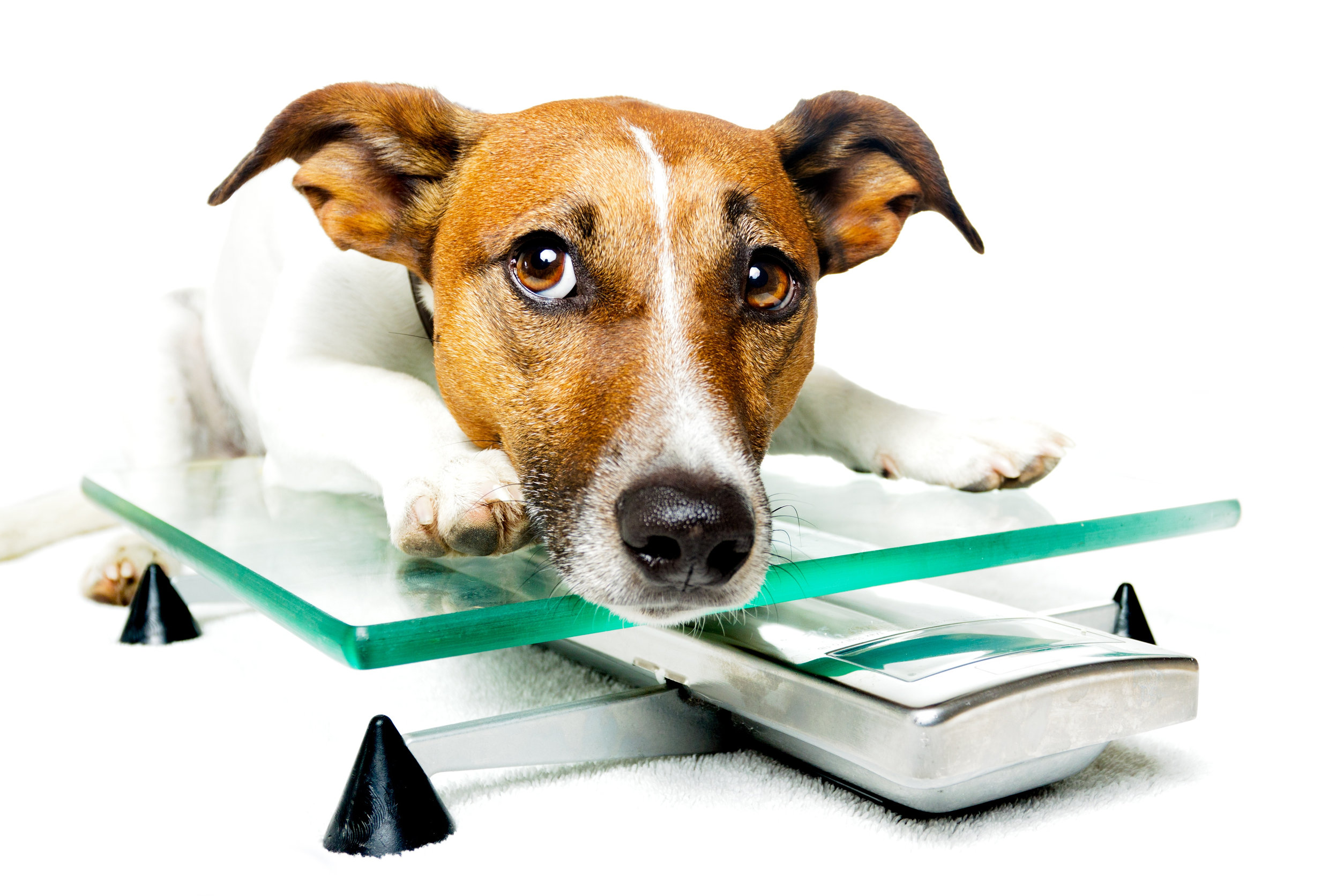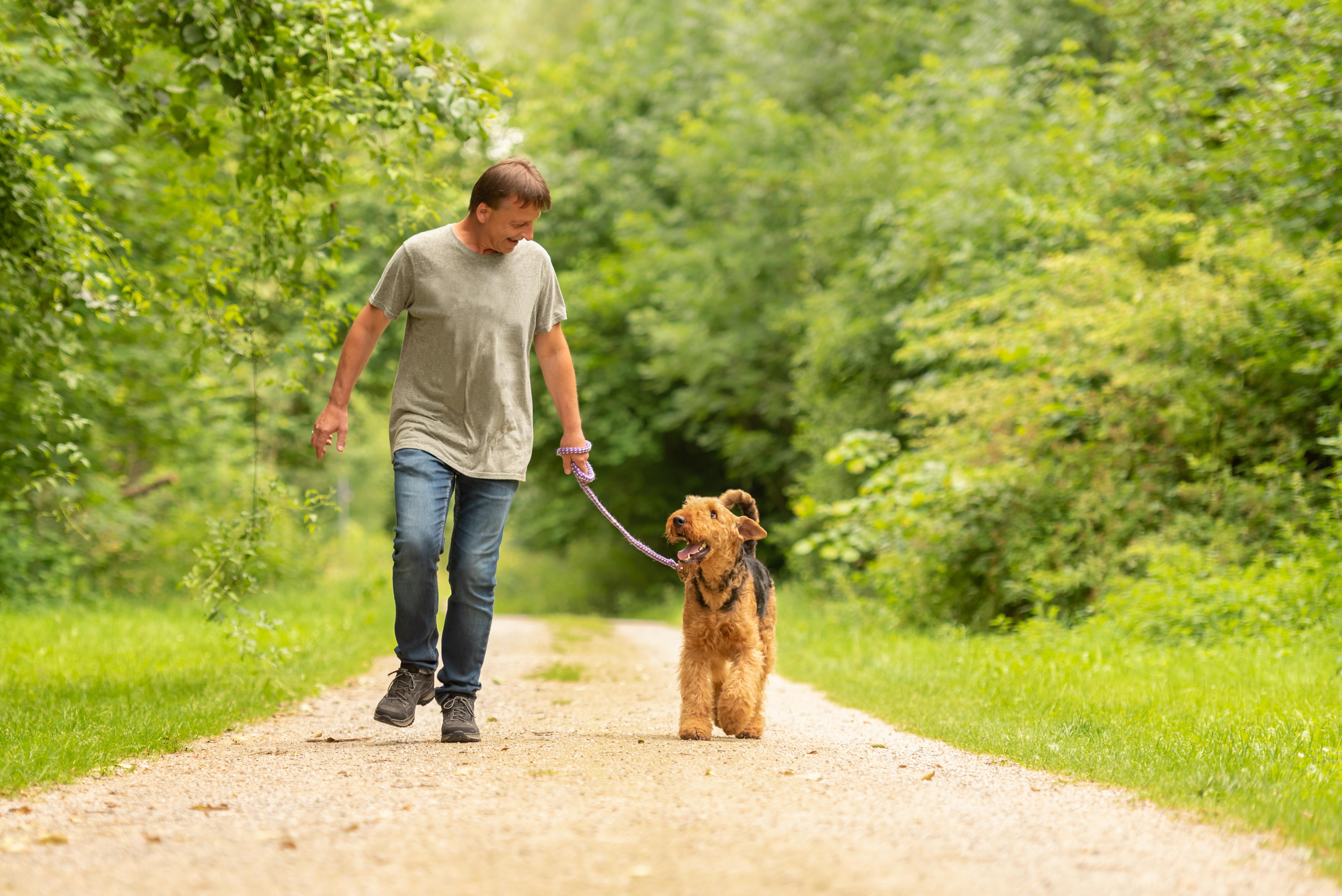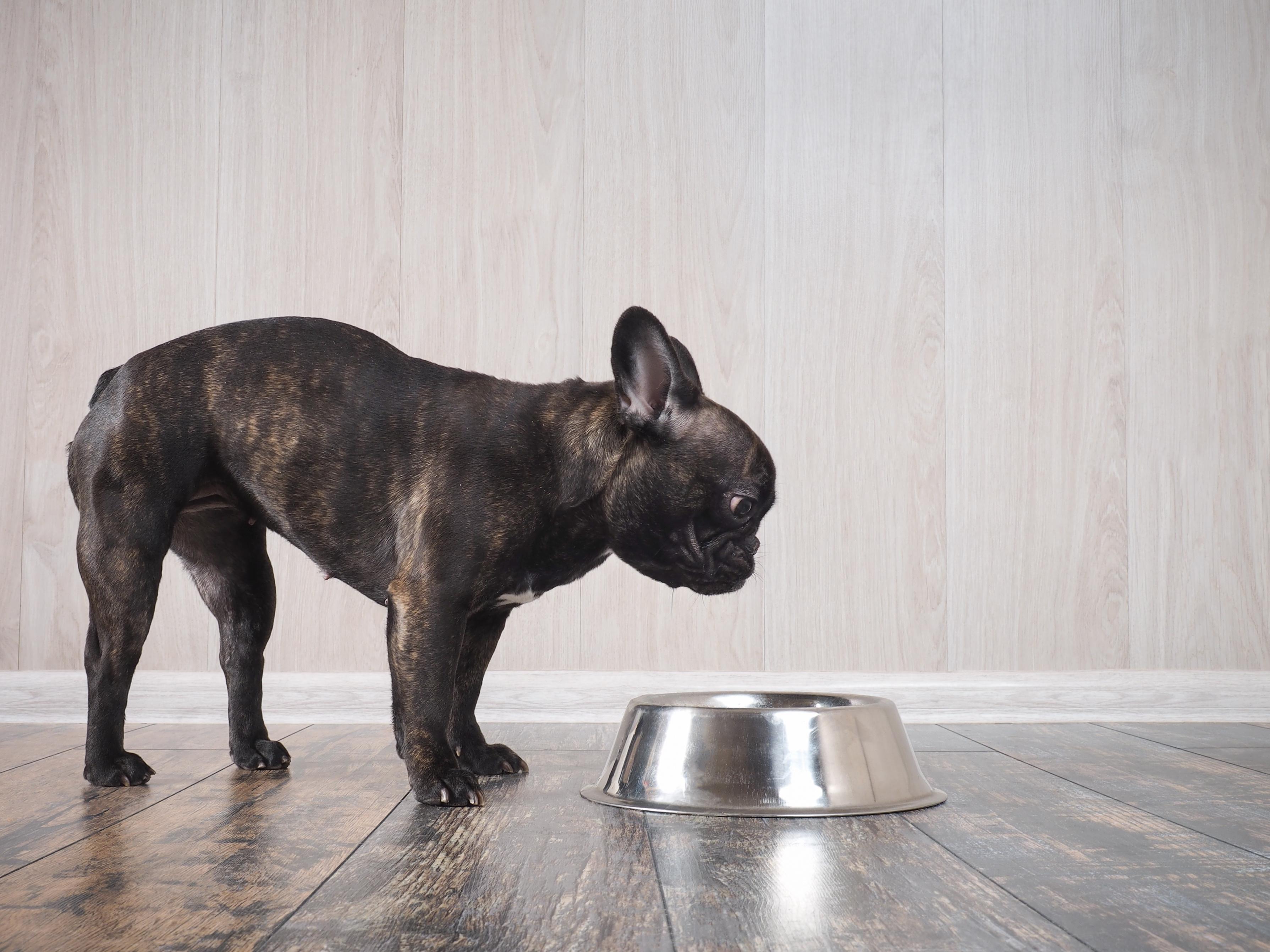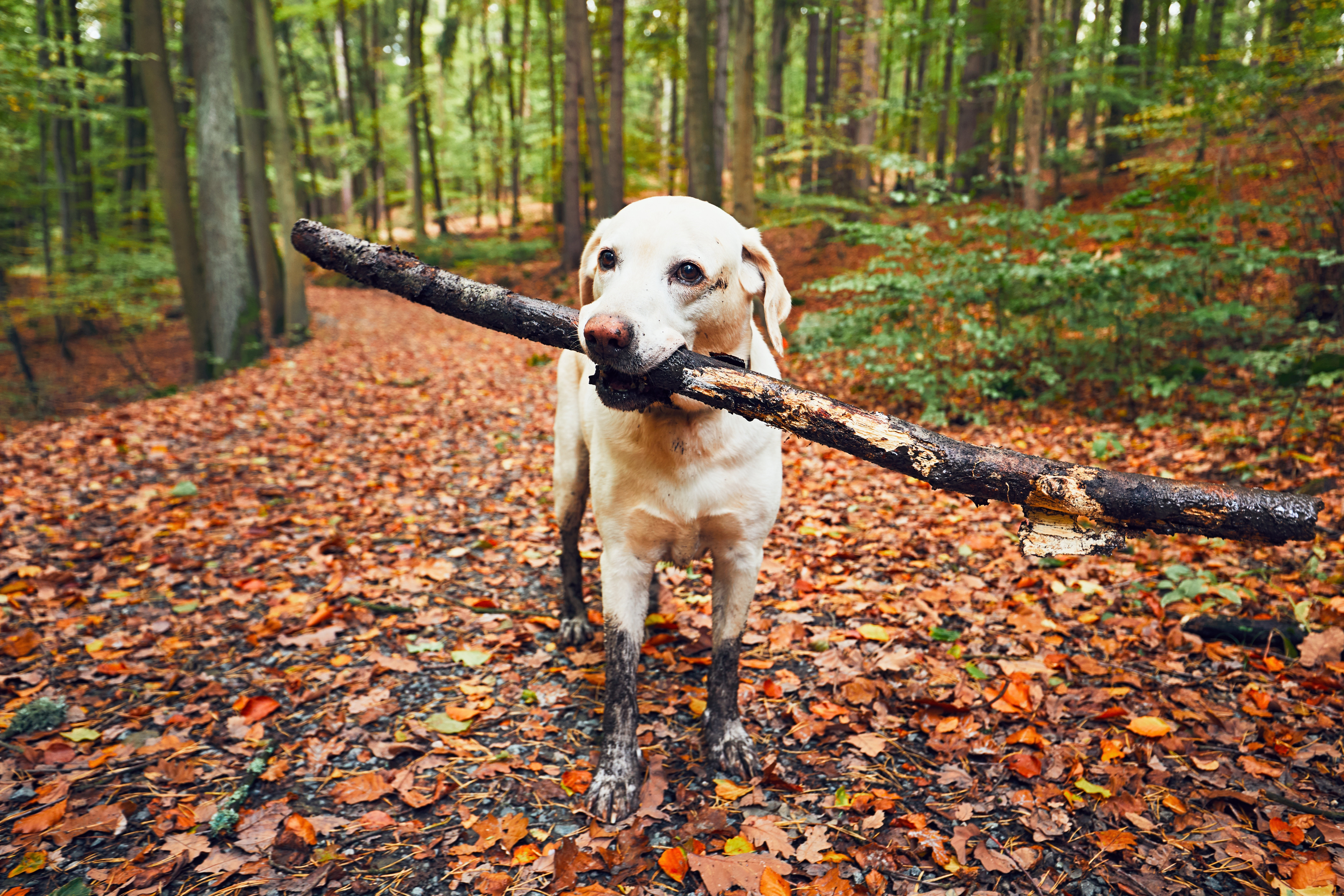Feeding an overweight dog
Dec 20, 2025 11:22:12 PM

It’s not just us humans who look to the new year to begin a healthier regime! Sadly many of our dogs are not in perfect condition either and a new year presents the perfect time to assess the situation and do something about it.
A new study from the Royal Veterinary College (RVC) has revealed the scale of the overweight epidemic in dogs in the UK, with 1 in 14 dogs recorded by their vets as overweight each year.
[source: Royal Veterinary College]
There are many things we can do to reverse this and get our dogs in really good shape. Depending on the scale of the problem, you will usually see positive results quite quickly and then it’s a question of sticking to your new feeding and exercise programme in the future.
Firstly it’s important to know why you’re recognising excess weight as a priority. This will be useful when you’re tempted to stray from your dog’s new plan – especially when you get those desperately sad eyes imploring you for just one more treat!
The effects of being overweight affect:
- a dog’s lifespan - reducing it quite significantly
- a higher likelihood of arthritis, breathing problems, heart disease, diabetes and certain types of cancer
- breathing - particularly in the breeds that typically experience respiratory challenges such as pugs and bulldogs
- heatstroke
- injury
- energy levels, ability to exercise and zest for life
- ultimately - quality and quantity of life
''Until fairly recently, fatty tissue was thought to be just a relatively lifeless energy store and insulator; but we now know it secretes hormones affecting appetite, inflammation, insulin sensitivity and bodily function, as well as influencing water balance and blood pressure, leading to kidney disease and high blood pressure.”
[source: The Kennel Club]
Influencing factors
- Breed – did you know that both the Shih-tzu and German Shepherd Dog are both breeds that are less likely to be subject to being overweight? Those most likely include Beagles, Border Terriers, Springer Spaniels, Golden Retrievers, Labradors, Pugs, Cavalier King Charles Spaniels and Cocker Spaniels. Cross-breeds are less likely to be overweight
- Middle-age – canines between the ages of 6 and 9 years are most likely to be overweight
- Being neutered – changes in sex hormones can lead to lethargy and a tendency to over eat
Is your dog overweight?
Signs your dog is overweight include:
- owners struggling to see or feel their dog's ribs, spine or waistline
- abdominal sagging
- a bigger, rounder face
- a reluctance to go for walks or lagging behind
- excessive panting
- tiredness
- needing help getting in and out of cars
- a refusal to move or play games
[source: The Kennel Club]
So what can you do about it?
- Ask us to weigh your pet! Our trained Nutritional Advisers will offer this as part of a free health check. It’s a really good place to start, knowing exactly what the facts and figures are. What does your dog weigh? What is his ideal weight range? What are you aiming for?
- Once you know what you are dealing with, you can take advice on diet. Again, we can help with this or you can reduce your dog’s intake based on what you are currently providing. We’d recommend going back to measuring your dog’s food. Follow feeding guidelines and see how they compare with your current servings. There have been studies on this – many dog owners go by their gut feeling of what constitutes the right amount – and you’ll almost always be feeding the wrong amount.
- Cut down on the treats! You should measure what you are giving your dog over and above his main meals and take this into account when you are planning his day’s calories. Treats should be considered part of your dog’s diet and therefore need to be nutritious and beneficial.
- Divide food into smaller meals and make sure the last feeding time is late afternoon/early evening to give them chance to digest it before bedtime.
- Consider what you are feeding. You should aim for a high protein, lower fat content, using good quality ingredients that satisfy your dog and contribute to a beautiful coat and excellent general health. Of course we have products that tick all of these boxes – ask one of our Nutritional Advisers about them, and remember to introduce any new food gradually.
- Use our feeding guide – type in a few details about your pet and we’ll help you learn instantly how much food they should be having (link below).
- Eat less and move more’ is the common-sense advice given by the PDSA. They have a useful guide to the right levels of exercise your dog needs (link below). Suggestions include playtime, training, walks and runs and also information for different breeds and sizes.
- Introduce an exercise plan that you know you can stick to – and if that’s proving difficult due to other commitments, think about asking/paying friends, family, neighbours and dog walkers.
Of course, you should rule out any other issues with your vet if you are unsure of the reasons behind your dog’s weight gain. But generally speaking, by following a well-balanced diet, with a good level of exercise, being sensible with treats and providing lots of fresh water, your dog should soon start to look and feel a whole lot better.
Talk to us if you would like more support, we are very happy to help.
References:
https://www.rvc.ac.uk/vetcompass/news/rvc-study-reveals-extent-of-dog-obesity-crisis-in-the-uk
https://www.pdsa.org.uk/pet-help-and-advice/pet-health-hub/conditions/obesity-in-dogs
https://www.trophypetfoods.co.uk/products/details/24/super-premium-grainfree-weight-control
Back
Recent Blogs

Keeping Your Furry Friend Safe and Happy During Halloween
Halloween approaches with its festive decorations, spooky costumes, and sweet treats. While humans eagerly anticipate the holiday, it can be a challenging time for our four-legged friends. From unfamiliar sights and sounds to potentially dangerous treats, Halloween can pose various risks to our beloved dogs.
While it might be tempting to dress up your dog in a cute or funny costume, always prioritize their comfort and well-being. Ensure that the costume is not restrictive, does not impede movement, and does not have small parts that could be swallowed. Allow your dog to become accustomed to the costume before the actual event, and keep a close eye on them while they're wearing it.

The vital role of responsible dog ownership.
A Pledge to Paws and Principles
Dogs have long been cherished companions, confidants, and sources of unconditional love for millions of people around the world. These faithful friends offer not only emotional support but also contribute significantly to our overall well-being. However, the joys of having a canine companion come with great responsibilities. Responsible dog ownership is not just a choice; it's an obligation we owe to our four-legged friends, our communities, and ourselves. In this blog, we will delve into the importance of responsible dog ownership and highlight the numerous benefits it brings to our lives.

My dog is a finicky eater...
You have a dog that has no appetite, is fussy and finicky with his food and you are fed up of trying every dog food brand under the sun. Here are our top tips for encouraging a better feeding regime

Finding the best places to walk your dog
The many benefits of dog walking are well documented and regular walks form part of our daily routine. But it is really easy to get into an unthinking pattern of where and how we walk our dogs. There are lots of adventures to be had out there with our canine companions so why not try something new?